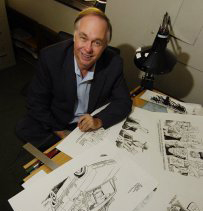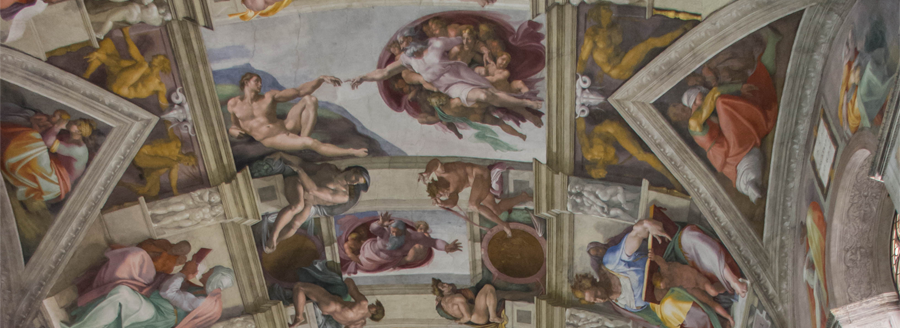Paganini and One String
 Here’s a great story that has certainly made the rounds. (I first heard it from Chuck Swindoll.)
Here’s a great story that has certainly made the rounds. (I first heard it from Chuck Swindoll.)
The violinist virtuoso Niccolò Paganini was performing one evening before a packed concert hall, surrounded by a full orchestra.
As he began the final piece, one of the strings on his violin snapped. A minor inconvenience; with seemingly effortless improvisation, Paganini continued to play on the remaining three strings.
A moment later, a second string snapped. Undeterred, Paganini continued the concerto on the remaining two strings.
Then a third string snapped. Still Paganini continued to play. He finished the piece with one string on his violin.
When the performance was over, the crowd rose in thunderous applause.
Paganini, ever the humble musician, raised his violin and boldly proclaimed, “Paganini and one string!”
He cued the conductor, the orchestra began to play, and he performed his encore, note for note, with one string on his violin.
WHEN SO LITTLE REMAINS.
The time may come when you feel like you’re down to one string — when there’s next to nothing left of your marriage, your finances, your future, your health, or your hope … and you know that you’re no Paganini.
Here’s the good news.
One string is enough. God’s grace is that amazing. His power is that invincible. His love, that unstoppable.
If you feel like one string is all you have left — and maybe it, too, is about to snap — you can stop trying to make everything happen on your own. Let God do in your life what only he can do.
As for me, I will call upon God; and the Lord shall save me. (Psalm 55:16)



 Doug Marlette was an editorial artist / cartoonist (creator of Kudzu) whose job, for decades, was to draw a new cartoon every day. He didn’t consider it pressure; he enjoyed it.
Doug Marlette was an editorial artist / cartoonist (creator of Kudzu) whose job, for decades, was to draw a new cartoon every day. He didn’t consider it pressure; he enjoyed it.
 During a dark period of Abraham Lincoln’s life, at the young age of 32, he wrote:
During a dark period of Abraham Lincoln’s life, at the young age of 32, he wrote:
 I recently began a sermon with a reference to opening lines in great books. While doing detailed research on the topic (ie, googling with my phone), one in particular caught my eye.
I recently began a sermon with a reference to opening lines in great books. While doing detailed research on the topic (ie, googling with my phone), one in particular caught my eye.
 When a gunman opened fire on the Pulse Nightclub in Orlando on June 12 2016, dozens of SWAT Team members responded.
When a gunman opened fire on the Pulse Nightclub in Orlando on June 12 2016, dozens of SWAT Team members responded.
